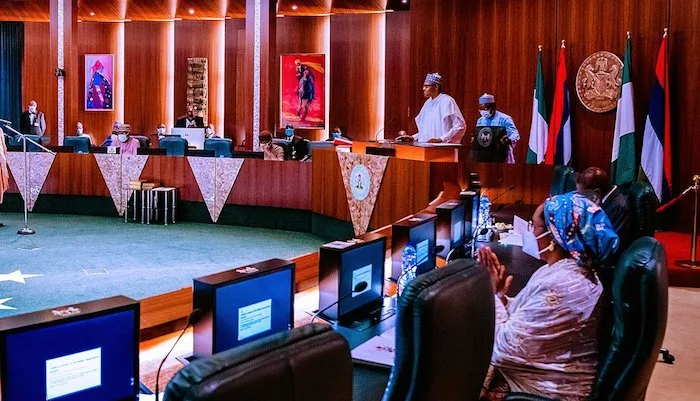In a significant move towards enhancing national connectivity and infrastructure development, the Federal Executive Council (FEC), chaired by President Bola Tinubu, has approved the construction of the Lagos-Port Harcourt-Calabar Coastal Superhighway. The prestigious project has been entrusted to Messrs Hitech Construction Africa.
This decision, announced by Bayo Onanuga, the President’s Special Adviser on Information and Strategy, emerged as a pivotal outcome of the recent FEC meeting. The initial phase of the superhighway, covering a distance of 47 kilometers, is slated to commence in Lagos State.
“The FEC approved construction of Lagos-Port Harcourt-Calabar Coastal Superhighway to Messrs Hitech Construction Africa. The First phase made up of 47 kms will begin in Lagos,” read the statement issued by Onanuga.
The project, awarded approximately five months ago by Minister of Works David Umahi, signifies a monumental effort by the federal government to enhance national connectivity and economic development.
It is designed to integrate key routes such as the Badagry Expressway, Fourth Mainland Bridge, and the Lekki Deep Seaport Road, establishing vital connections to various regions in Northern Nigeria through Ogoja-Ikom.
Spanning an envisioned length of 650 to 700 kilometers, the Lagos-Calabar Coastal Highway will incorporate rail lines within the median strips, providing additional transportation options and flexibility.
Beyond its infrastructural significance, the project is expected to stimulate tourism and economic growth along its corridor.
Minister Umahi emphasized the utilization of local resources and promotion of indigenous industries in the construction process. Notably, the project will employ a construction technique involving 11-inch-thick concrete pavements reinforced with 20-millimeter steel, harnessing Nigeria’s abundant bitumen reserves and revitalizing local cement and steel production, particularly from the Ajaokuta Steel Company.





